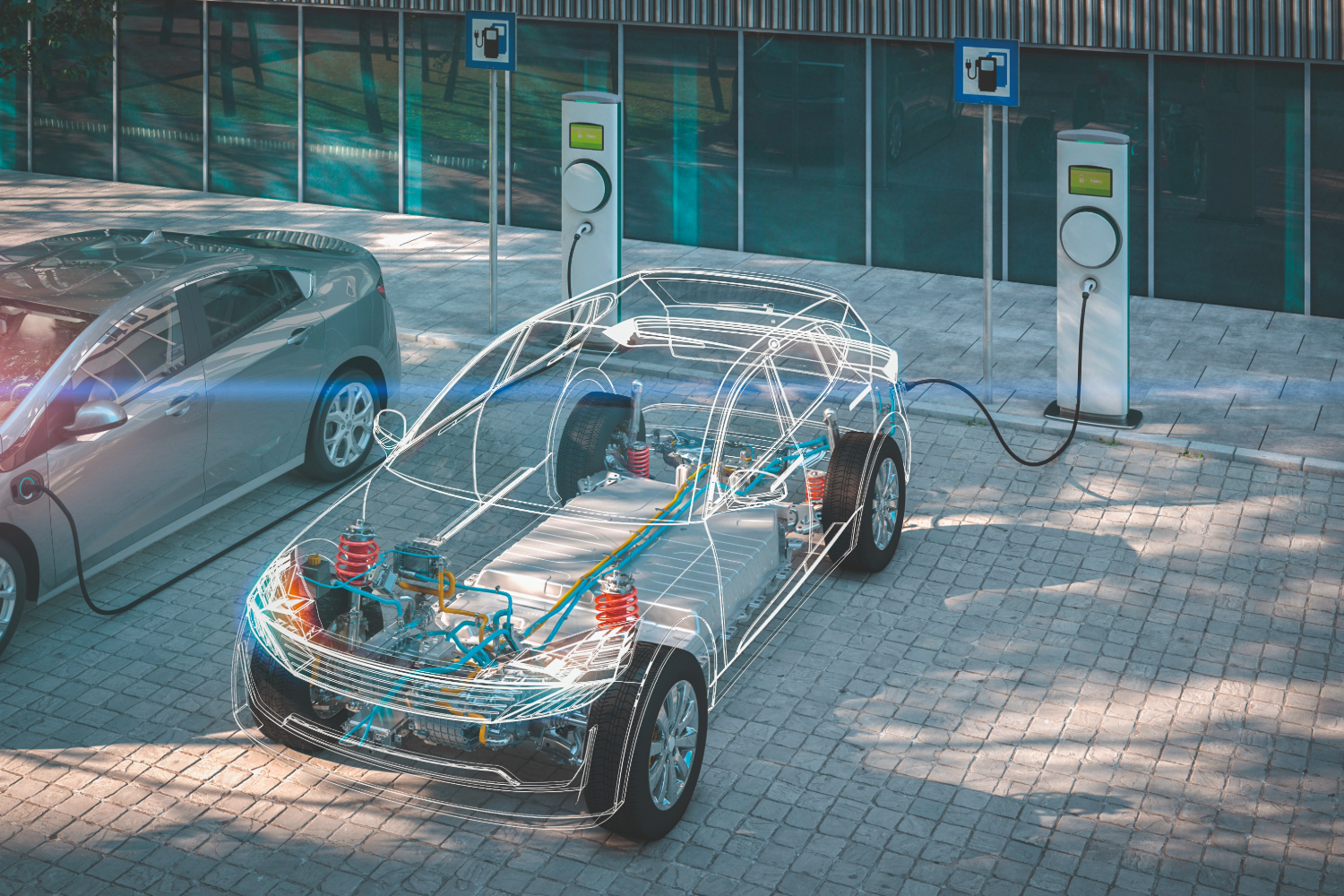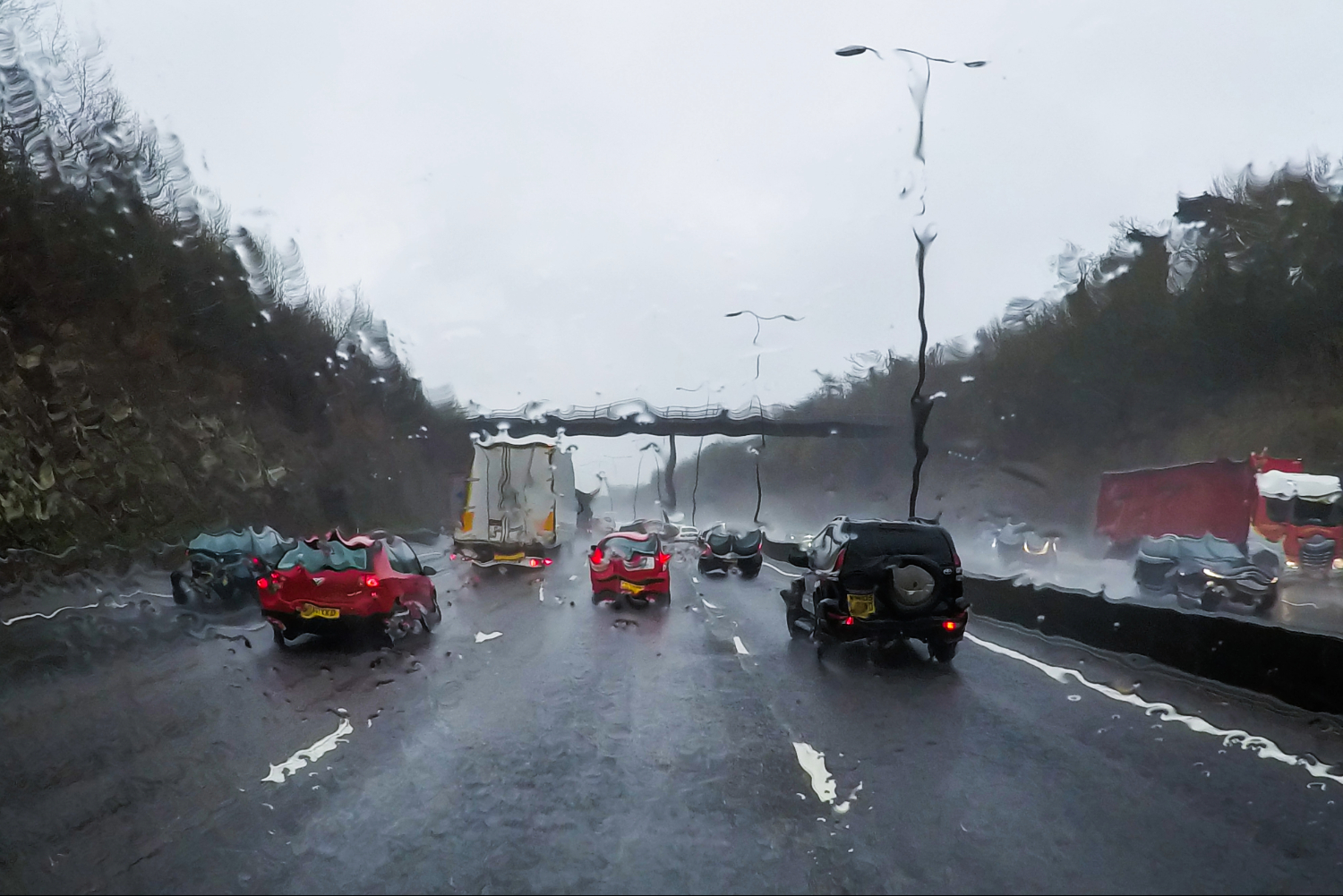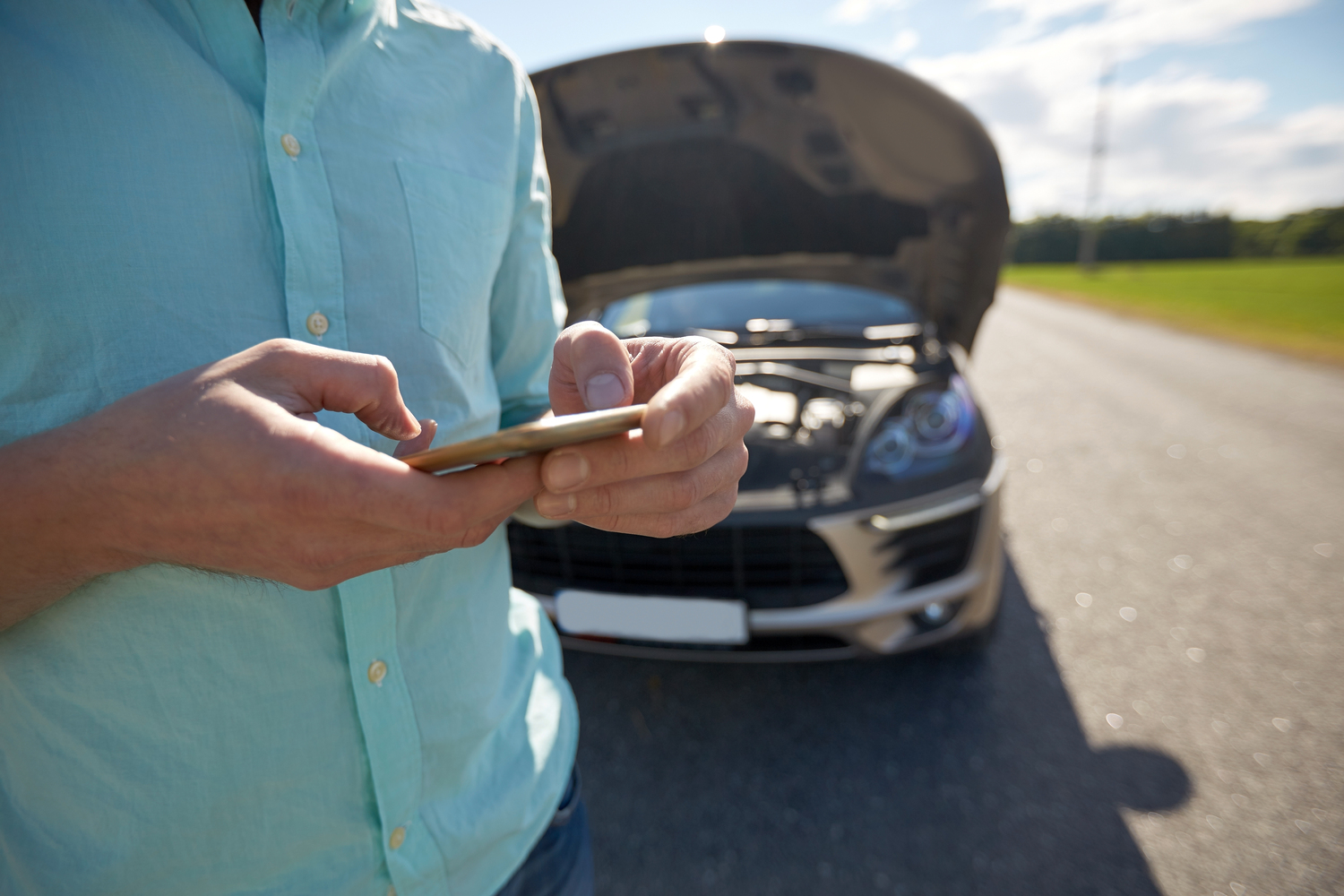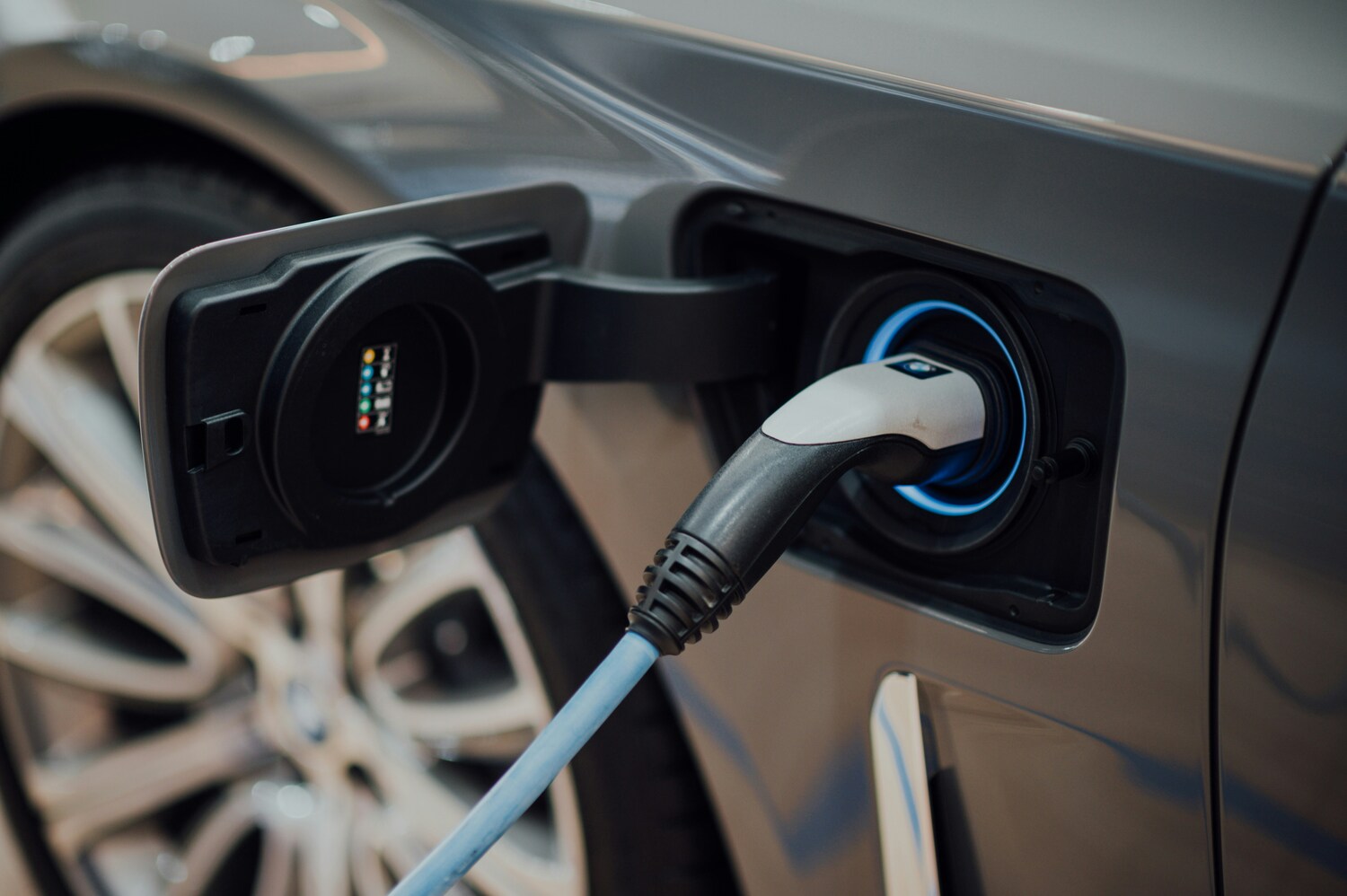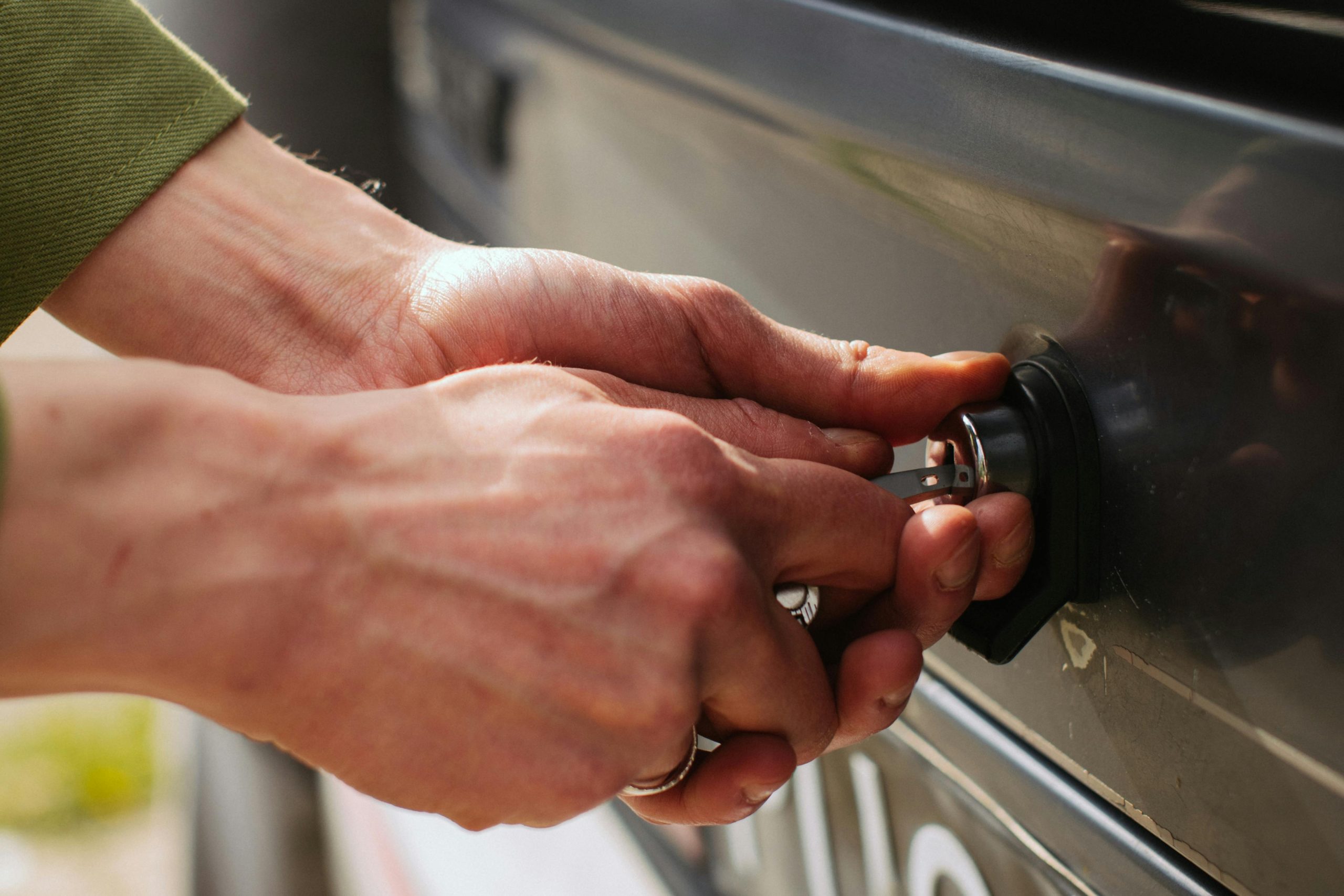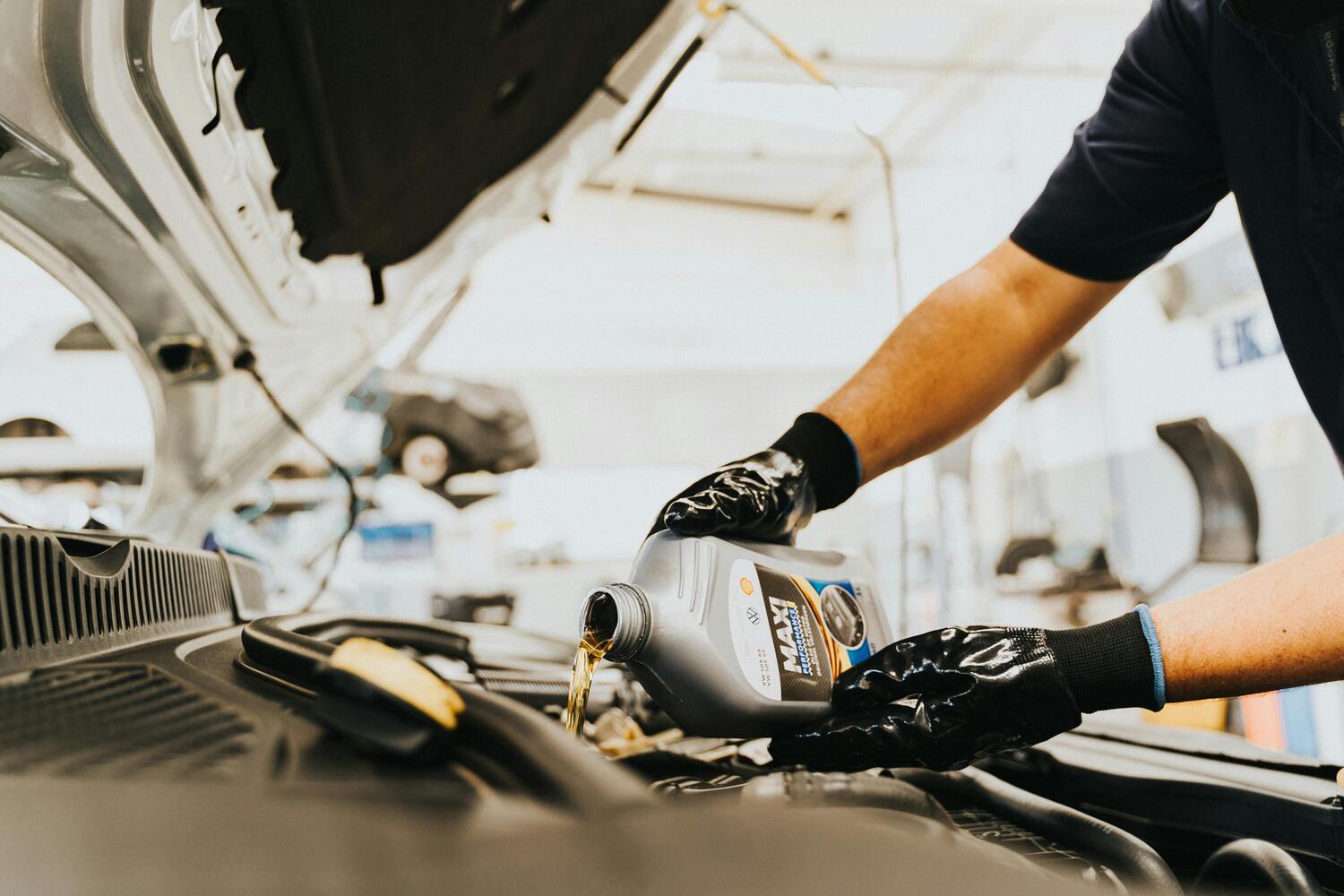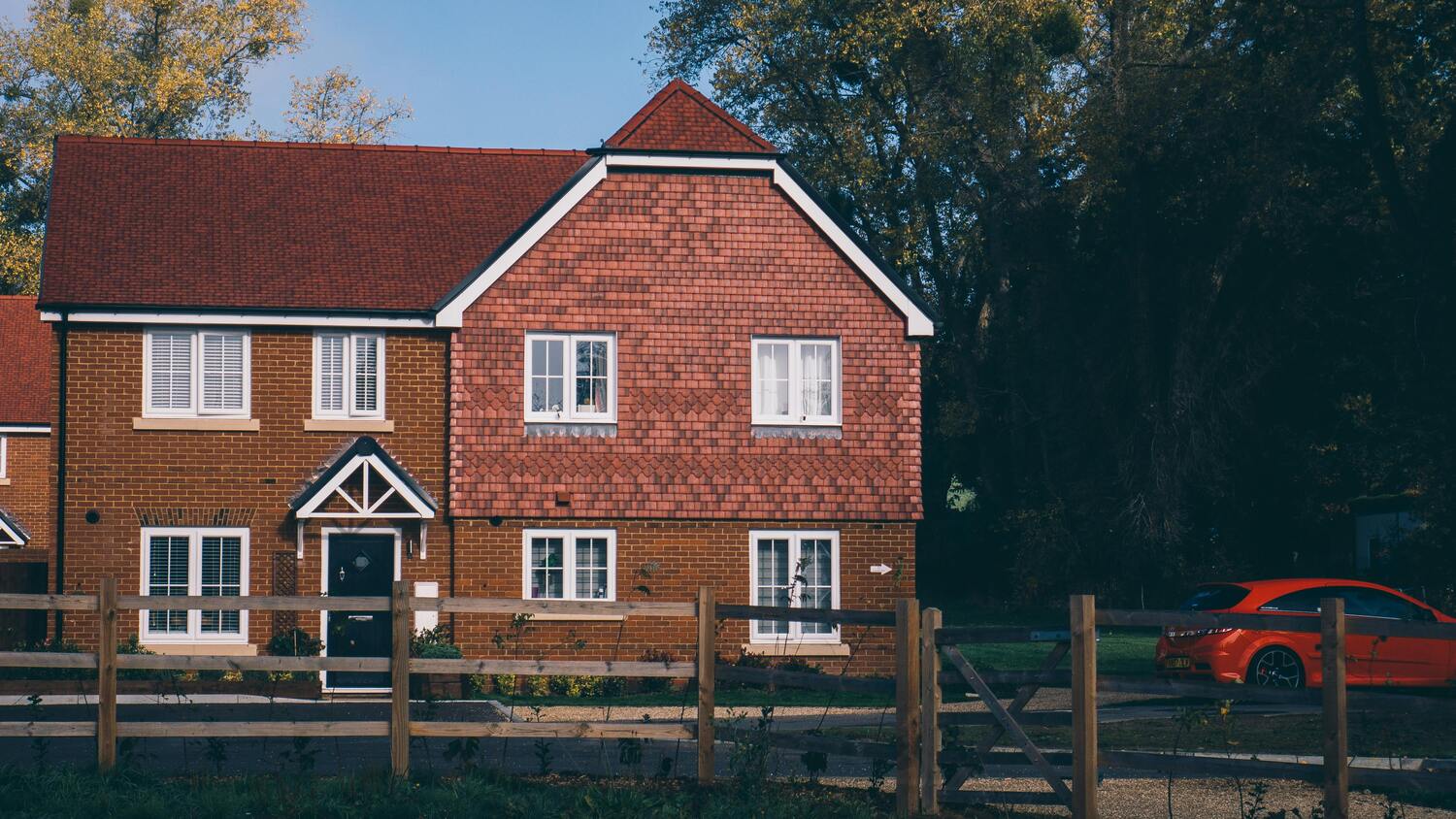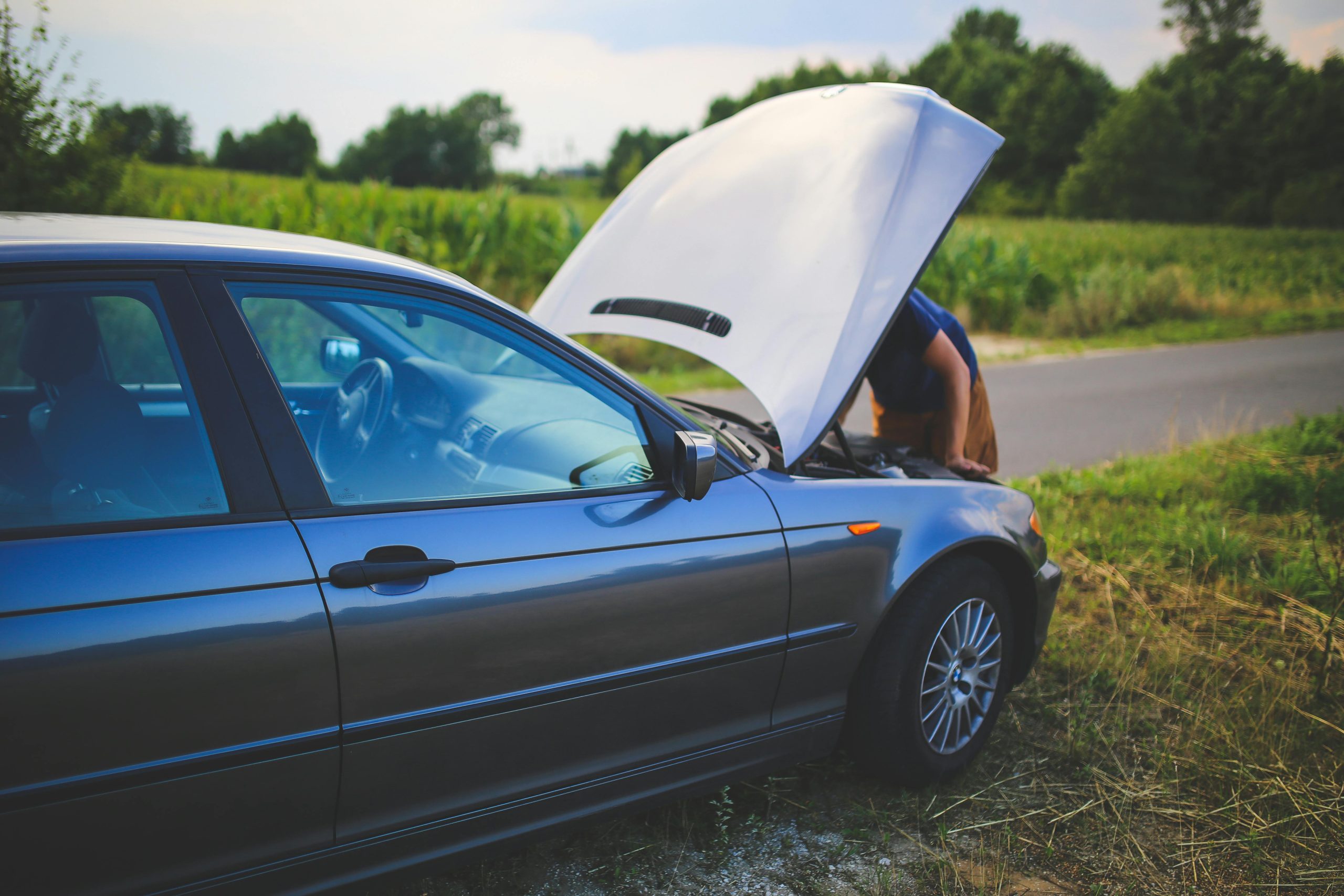This article was published on 08 December 2025. At the time of publishing, this article was true and accurate, however, over time this may have changed. Some links may no longer work. If you have any concerns about this please contact us
As the UK Government moves toward phasing out new petrol and diesel cars and vans by 2030, we thought now was the perfect time to provide you with a refreshed guide to electric vehicles (EVs).
What is an Electric Vehicle (EV)?
The Parliamentary Office of Science and Technology official description is:
Electric Vehicles use electric motors to drive their wheels. They derive some or all of their power from large, rechargeable batteries. The distance an EV can drive between recharges is known as its range.
Let’s have a look at the different types and some of the names you might have heard of:
- All-electric EVs – where the battery is the only power source. The range (distance they can travel) will vary, according to driving style, terrain and the use of auxiliary equipment such as heating/air conditioning.
- Plug-in Hybrids (PHEVs) -can switch between running on electricity, petrol or diesel. They typically have a smaller battery, and therefore a lower battery powered range of between 10-40 miles. However, their maximum range is equivalent to a petrol or diesel car. Both Plug-in Hybrid and all-electric EVs are recharged by plugging them in to the electricity grid.
- Hybrids (HEVs) – which do not plug in, such as the Toyota Prius, have a much smaller battery which is recharged while driving. HEVs can drive in electric mode for a few miles and then revert to using petrol or diesel.
- Fuel Cell Vehicles -generate their own electricity on-board from a fuel such as hydrogen, and do not need to plug in to the electricity grid to recharge. Re-fuelling is similar to a petrol or diesel car.
Which type of EV is best for me?
This is a personal choice and will be dependent on several factors including, affordability, the type and distance of journeys you make and charging infrastructure where you live.
According to a UK Government report, 99% of car journeys in England are under 100 miles, so most could be made by an EV without needing to recharge.
How much do EVs cost?
Currently EVs cost more to buy than a comparable petrol or diesel vehicle. While they have fewer mechanical parts than conventional vehicles, battery prices are a substantial cost. Many modern EVs use lithium-ion batteries and it takes a lot of time and effort to turn raw lithium into something that can be used. Some manufacturers offer incentives and lease plans for the battery, so include this is your car purchase research.
Can I get any help with buying an EV from the Government?
Yes. The Government’s new Electric Car Grant launched in July 2025 and offers up to £3,750 off the cost of a new electric car, helping more drivers make the switch. The initiative also supports sustainable manufacturing across the automotive sector. The grant is only available for vehicles that have been approved as eligible and the list of cars/vehicles eligible for the grant can be found here: Eligible Grant Vehicles. It’s worth noting that the list is regularly updated and you don’t need to apply for it – your car dealer or manufacturer will handle this for you.
Will I have to pay road tax (VED)?
Yes. Since 1 April 2025, EV’s have no longer been exempt from Vehicle Excise Duty (VED) and have to pay an amount dependent on when the car was first registered and the list price, when it was new.
It is also worth noting that in the recent 2025 Budget, the Government announced that they will start to charge EV and PHEV owners, a “pay-per-mile” charge, from 1 April 2028. The consultation on this change has only just started, so look out for further information on this.
Vehicle range
While vehicle range isn’t an issue with hybrids, as they will run on petrol and diesel, in addition to electric, vehicle range has always been a concern for drivers. It’s therefore encouraging to hear that according to the Society of Motor Manufacturers and Traders (SMMT), the average range of a new electric car on sale in the UK today is almost 300 miles. That’s up from 235 miles in 2024. Of course, some of this will be reflective of the driving conditions, roads and the way you drive, plus use of air conditioning and technology within the vehicle.
Charging points
The term “range anxiety” describes a very real fear of running out of battery and knowing where to charge it up.
While you can have a charger fitted at home, clearly there will be times when you need to recharge when out and about.
The good news is that the number of charging points is increasing. According to Zap Map the number of charging points grows by the day and at the end of October 2025, there were 86,798 electric charging points across 44,142 charging locations (UK only). Since October 2024 the public network has grown by 22%.
In October 2025, 777 new charging devices were added to the Zap-Map database. You can view local ones to you or your journey at zap map live – you might not have even known they were there!
What about insuring your EVs
Do I need specialist insurance?
The simple answer is no. Whilst you can buy specialist insurance for your EV, most major insurers now cover electric cars.
Does it cost more to insure an EV?
This can depend on the EV you choose, but according to wepoweryourcar.com, on average, insurance is more expensive than petrol and diesel vehicles in the UK.
This could be linked to expensive parts, higher repair costs and the availability of garages with qualified mechanics. While electric cars have fewer moving parts than petrol or diesel vehicles, some components like the lithium-ion batteries are very expensive to repair if damaged.
Insurance from Police Mutual
Police Mutual Car Insurance offers policies for a range of EVs. You don’t need to buy a special EV policy and you can get a quote in the usual way.
You can either call us on 0151 242 7640 or go online at policemutual.co.uk/car
Police Mutual Car Insurance is provided by ERS.
PMGI Limited, trading as Police Mutual, is authorised and regulated by the Financial Conduct Authority. Financial Services Register No. 114942. Registered in England & Wales No. 1073408. Registered office: Brookfield Court, Selby Road, Leeds, LS25 1NB.
For your security, all telephone calls are recorded and may be monitored.

